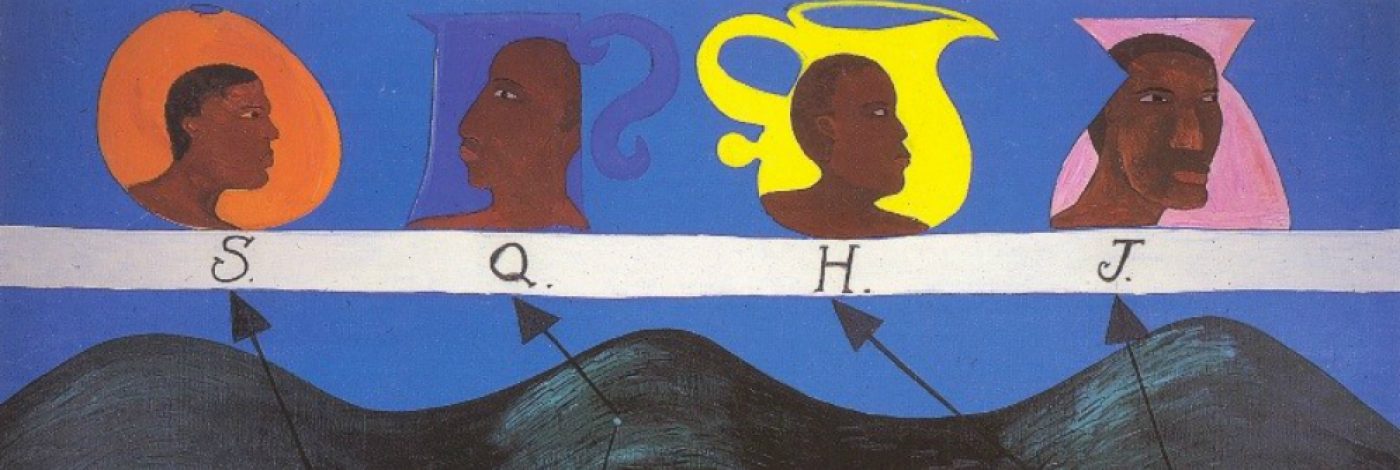
| Awards available | Masters |
| Programme length |
One year full-time; two years part-time |
| Location of programme | Clifton campus |
| Part-time study available |
Yes Part-time study requires some daytime weekday attendance (usually 1-2 days). |
| Start date | September 2025 |
Expected application closure date
Fees for 2024/25
We charge an annual tuition fee. Fees for 2022/23 are as follows:
|
|
|
|
|
|
Following the recent changes to fee assessment regulation, Channel Islands and Isle of Man students will no longer be charged a separate tuition fee. From the 2021/22 academic year they will be charged the same fees as Home students.
| Fees are subject to an annual review. For programmes that last longer than one year, please budget for up to a five per cent increase in fees each year. Find out more about tuition fees. |
Alumni scholarship
University of Bristol students and graduates can benefit from a ten per cent reduction in tuition fees for postgraduate study. Check your eligibility for an alumni scholarship.
Funding for 2022/23
Further information on funding for prospective UK, EU and international postgraduate students.
Programme Structure
Your two core units will combine theoretical readings and situated historical case studies, alongside practice-based sessions with external speakers, designed to encourage reflection on lived experience in the present. These sessions will vary from year to year and are likely to include: writers, journalists, festival producers, community activists, teachers and archivists.
In addition to our core units, you will select three options from a diverse list, enabling you to build your own pathway through the programme. These options (subject to staff availability) include: Bristol and Slavery, Pan-Africanism, Literatures of Enslavement, Postcolonial Environments, Theorizing Violence, Museum and Heritage: Critical Perspectives, Decolonizing Literature and Literary Studies. You will also undertake a discipline-specific Research Methods course and a Dissertation (an independent research project).
Students are invited to attend the international seminar and events programme coordinated by the Centre for Black Humanities, which directly connect to themes covered in the MA programme.
Visit our programme catalogue for full details of the structure and unit content for our MA in Black Humanities.
Entry requirements
To be considered for admission to this programme, applicants are required to hold/achieve a minimum of an upper second-class honours degree (or international equivalent) in any discipline. Non-traditional qualifications/routes will also be considered.
See international equivalent qualifications on the International Office website.
English language requirements
If English is not your first language, you need to meet this profile level:
Profile C
Further information about English language requirements and profile levels.
Admissions statement
Read the programme admissions statement for important information on entry requirements, the application process and supporting documents required.
International students
Find out more about becoming a student at Bristol, applying for a visa and the support we offer to international students.
Careers
Students who complete this MA will have acquired transferable skills including critical thinking, ethical sensitivity, and the ability to argue persuasively. This equips graduates for research degrees such as a PhD as well as careers in teaching, campaigning, arts administration, publishing, law, the civil service, media and journalism. These could be in cultural or heritage industries, government and non – government organisations, or international organisations.
Request more information
Find out more about studying with us or request a prospectus.
Contact details
Enquiries Team Phone: +44 (0) 117 394 1649 Email: choosebristol-pg@bristol.ac.uk
School website: School of Humanities
Department website: Centre for Black Humanities
Disclaimer
Important disclaimer information about our programmes.

